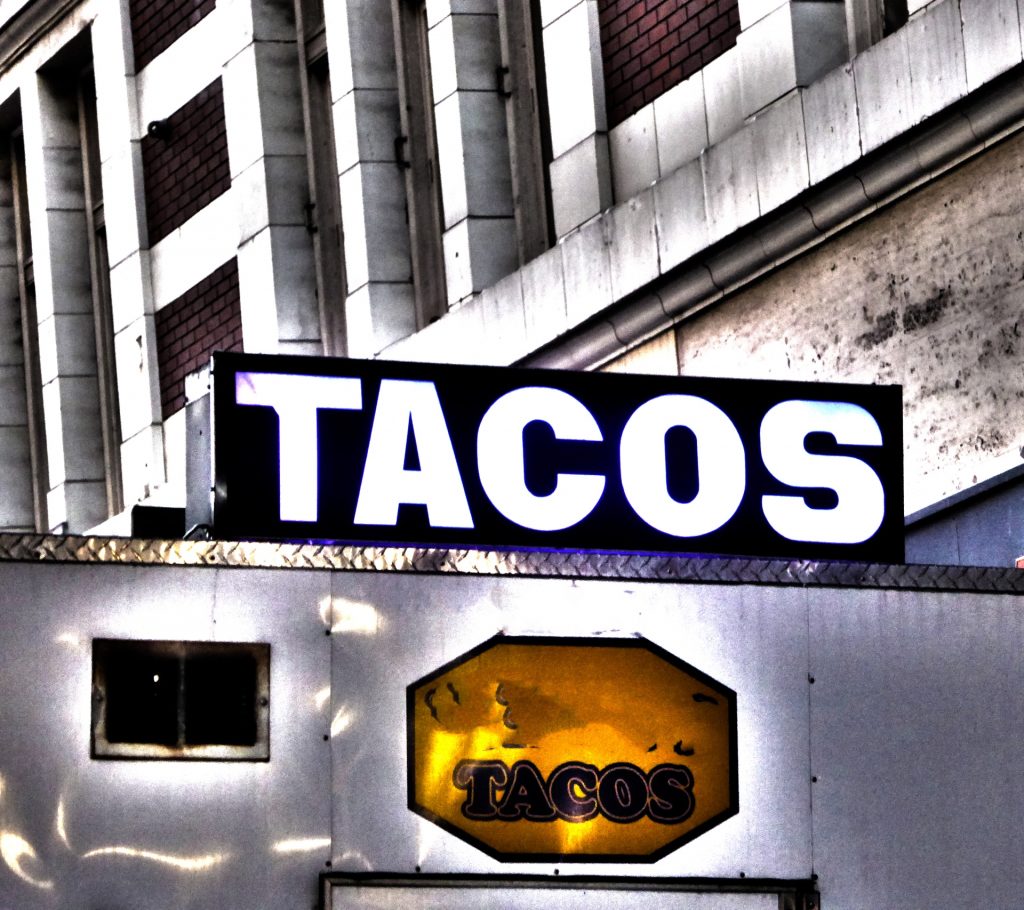In the aftermath of the Palisades Fire, taco trucks have emerged as an essential resource, providing sustenance to the tireless cleanup crews and contractors. These mobile eateries have turned into a culinary oasis amidst the chaos, offering convenience and comfort to those engaged in laborious recovery efforts. Their presence underscores a growing food trend where mobility and accessibility are key, highlighting how food trucks can step into the breach when traditional food outlets are disrupted as reported by The New York Times.
This scenario paints a vivid picture of resilience and adaptability in the hospitality industry, reflecting a broader shift towards versatile and decentralized food services. In a world increasingly prone to natural disasters and unforeseen events, the role of food trucks might expand beyond urban novelty, transforming into critical infrastructure during emergencies. This adaptability not only meets immediate needs but also aligns with a growing consumer preference for unique and flexible dining experiences.
As we look forward, this model could set a precedent for emergency response strategies, where food trucks become integral to crisis management plans. Their ability to quickly mobilize and serve diverse communities makes them indispensable in times of need. But as we embrace this shift, one must ponder: how will traditional food establishments adapt, and what role will technology play in enhancing the efficiency and reach of mobile food services in future crises?


